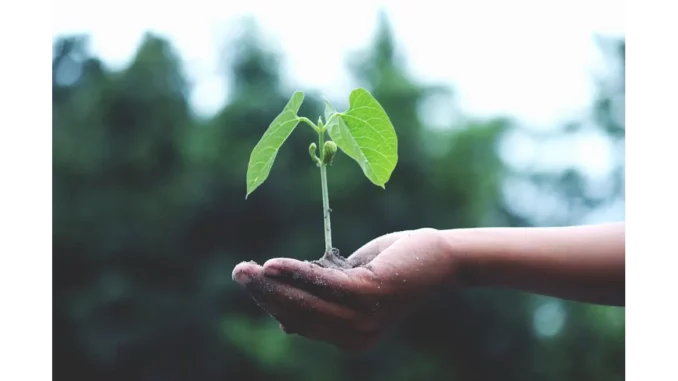
The rising prominence of “green skills” in the professional lexicon reflects an urgent need to respond effectively to global environmental challenges. As industries grapple with the implications of climate change, the demand for a workforce equipped with the necessary skills to drive sustainability has never been more critical. This article delves into the essence of green skills, their significance, and the strategic approaches required to bridge the existing skills gap in the construction and related industries.
Discover how Focus360 Energy aids sustainable development with Sustainability Statements.
Green skills encompass a range of competencies that enable individuals and organisations to contribute to sustainable development. These skills are not limited to technical proficiency in renewable energy or environmental engineering but also include softer skills such as strategic thinking, problem-solving, and the ability to adapt to new sustainability practices. As the world moves towards a low-carbon economy, these skills are essential for meeting the United Nations’ Sustainable Development Goals (SDGs) and ensuring long-term environmental and economic resilience.
The importance of green skills cannot be overstated. In the UK alone, a significant proportion of the workforce recognises the relevance of sustainability in their roles. However, a disparity remains between the skills required and those currently possessed by workers. The Green Skills Gap is a pressing issue; as highlighted by LinkedIn’s Global Green Skills Report 2023, the demand for green skills is outpacing supply. Job postings requiring such skills have surged, yet industries struggle to find suitably qualified candidates. The financial services sector, for instance, is lagging in its transition to sustainable practices due to this skills shortfall, underscoring the need for comprehensive training initiatives.
To address this gap, it is imperative for businesses to foster green skills within their existing workforce. This task requires a strategic approach: employers must first understand the specific green skills pertinent to their sector and operations. Tailored training programmes should be developed, focusing on both technical expertise and human capabilities. Decision-making, creativity, and reasoning are as crucial as project management and data-driven decision-making in tackling environmental challenges. These skills, when combined with business acumen, can drive significant organisational change.
Flexible training models are essential, allowing employees to engage with learning at their own pace and apply new skills directly to their roles. Relevance to one’s job is crucial for engagement and retention. For example, understanding the implications of greenwashing and local legislation can empower employees to make informed decisions. However, mandatory training can sometimes be counterproductive if perceived as an obligation rather than an opportunity for personal growth. Acknowledging and celebrating employees’ contributions to sustainability can enhance motivation and foster a culture of continuous improvement.
The role of government and educational institutions is equally vital in nurturing green skills. Policies must support the creation of training pathways, such as apprenticeships and skills boot camps, that equip young people with the knowledge and confidence to pursue careers in sustainability. Collaboration between local authorities, industry representatives, and educational providers can develop clear pathways for acquiring green skills, ensuring a steady supply of qualified professionals ready to tackle environmental challenges.
Businesses that prioritise green skills send a powerful message about their commitment to sustainability, enhancing their appeal to prospective employees and stakeholders. This commitment can serve as a catalyst for innovation and competitive advantage, as well as a means of contributing positively to the global fight against climate change. As the construction industry and others evolve towards more sustainable practices, the integration of green skills into workforce development strategies is not merely a choice but a necessity.
Ultimately, the cultivation of green skills represents an opportunity to harness human potential in addressing one of the most significant challenges of our time. It is an endeavour that demands the collective effort of businesses, governments, and individuals alike. By investing in green skills, we are not only preparing for the future but actively shaping it. The construction industry, with its profound impact on the environment, can lead the way in this green transformation, setting a precedent for others to follow. As we confront the climate crisis with urgency, the question remains: how will you contribute to building a greener tomorrow?


Be the first to comment